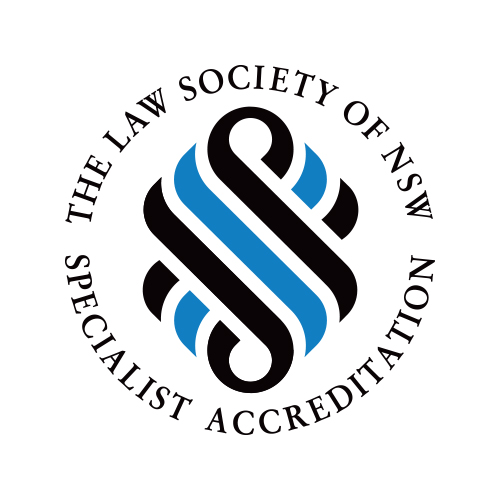
What is Family Dispute Resolution?
Family Dispute Resolution, also known by its acronym "FDR", is form of mediation that focusses on parenting issues involving separated parents (and potentially other caregivers). FDR aims to help separating families in negotiating their own agreements through communication and compromise. During Family Dispute resolution, parents talk about the various issues in dispute and look at different possible solutions and options, while being encouraged to put the best interest of the children first.
FDR requires the mediator to hold a specific qualification. A Family Dispute Resolution Practitioner (FDRP) is an independent and trained mediator who specialises in family law disputes involving children. FDRPs are required to remain neutral and will not take either side, but will facilitate discussions and assist parents to focus on the actual issues in dispute.
The content of negotiations held before a Family Dispute Resolution Practitioner is confidential (although some exceptions to confidentiality do exist, such as where disclosure is required prevent a threat to safety or commission of a crime). Conversations within the FDR environment can't be repeated and used as evidence in court. This allows each party to feel free to consider and discuss all potential options for resolution of the dispute without any concern that it might put their court case in jeopardy.
FDR required prior to commencing proceedings
The court has an expectation that parties to a dispute will make some attempt to resolve their dispute by way of compromise before commencing litigation. For cases involving children, Family Dispute Resolution (FDR) is mandatory before any application can be filed, although there are certain exceptions (such as matters that are urgent or where it is not safe to participate). FDR practitioners must be registered as a Family Dispute Resolution Practitioner (FDRP) with the Commonwealth Attorney-General’s Department.
Family Dispute Resolution traditionally occurs as an in-person mediation, with both parties encouraged to sit together in the same room with a view to resolving their disputes. Where one party would feel uncomfortable or intimidated to sit in the same room as their former partner, FDR can proceed as a "shuttle mediation" where each party has their own private room and the mediator moves from room to room. Family Dispute Resolution can also be conducted remotely via telephone or other audio-visual means (such as via applications such as Zoom, Microsoft Teams, Skype etc). This remote FDR option became the standard mode of delivery during the COVID-19 pandemic and has remained a very popular option.






